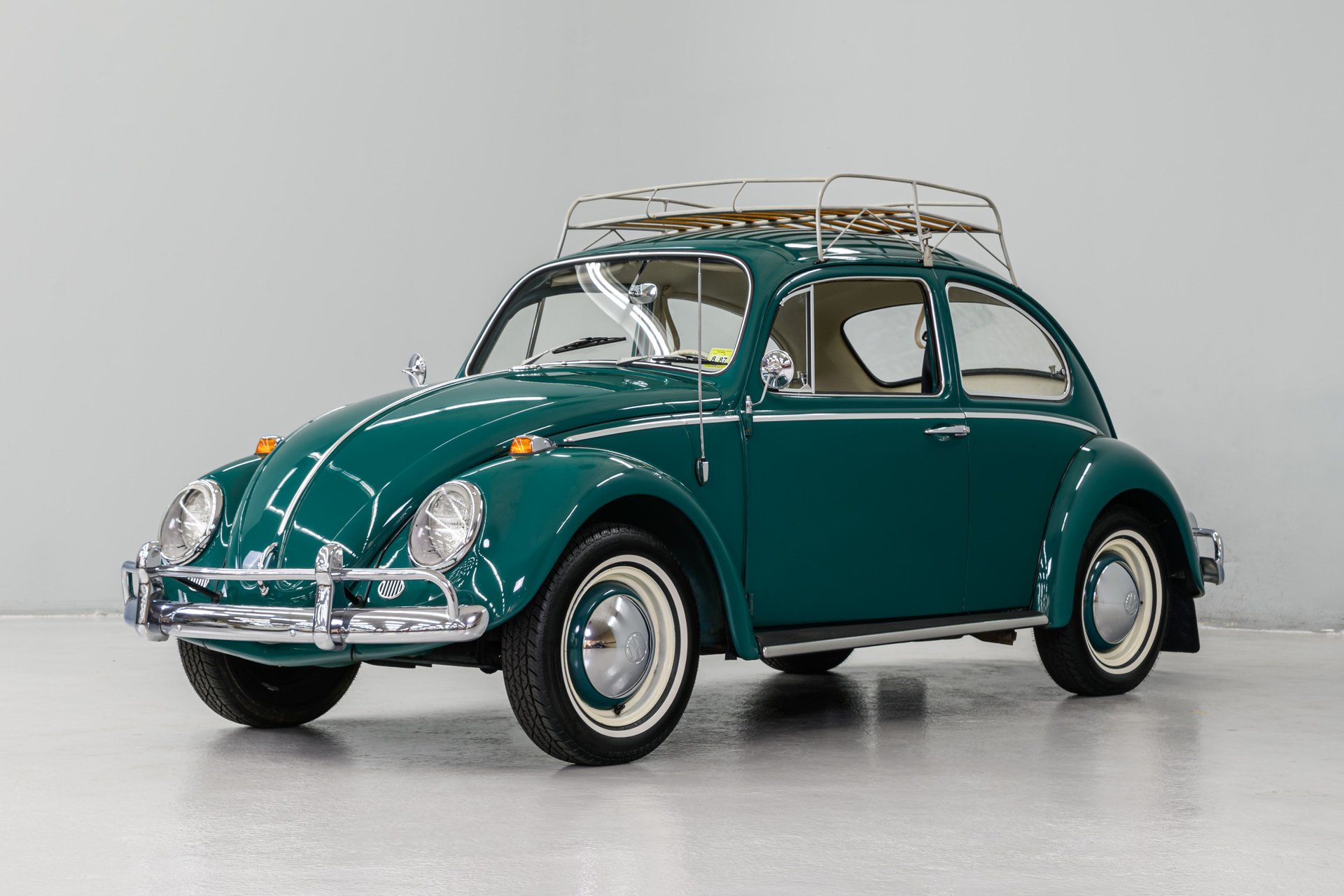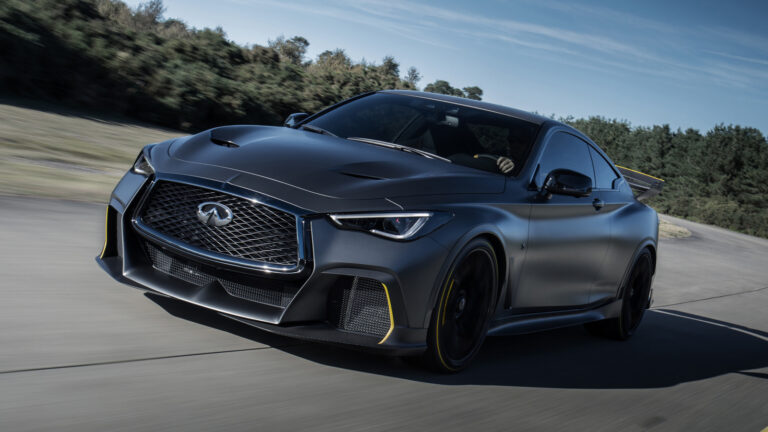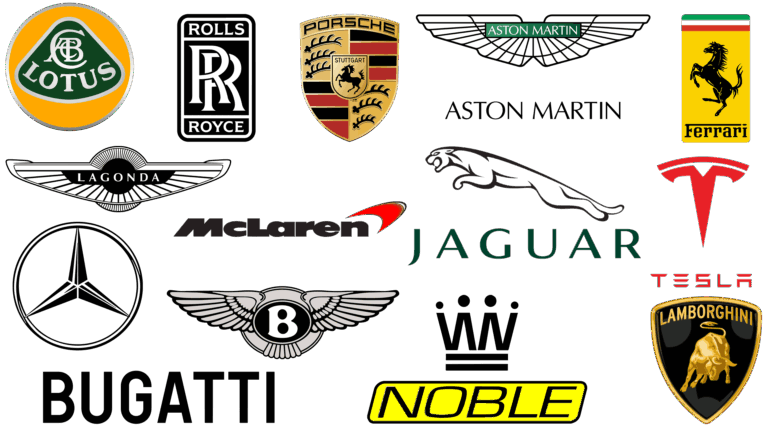Volkswagen Group Car Brands: A Comprehensive Guide to Automotive Diversity
Volkswagen Group Car Brands: A Comprehensive Guide to Automotive Diversity cars.truckstrend.com
The automotive landscape is dominated by a handful of colossal entities, and among them, the Volkswagen Group stands as a true titan. Far more than just the producer of the iconic Beetle or Golf, Volkswagen AG is a sprawling conglomerate that orchestrates a symphony of brands, each with its unique heritage, market position, and loyal following. Understanding the Volkswagen Group Car Brands is to grasp the sheer breadth of modern automotive engineering, design, and market strategy, from accessible family cars to ultra-luxury hypercars and robust commercial vehicles. This article delves deep into the fascinating world of the Volkswagen Group’s diverse portfolio, offering insights into what makes each brand tick and why this German powerhouse continues to shape the global auto industry.
The Genesis of a Giant: Defining the Volkswagen Group
Volkswagen Group Car Brands: A Comprehensive Guide to Automotive Diversity
At its core, the Volkswagen Group (officially Volkswagen Aktiengesellschaft) is a German multinational automotive manufacturing corporation headquartered in Wolfsburg, Lower Saxony. Founded in 1937, initially to produce the "people’s car," Volkswagen has evolved into one of the world’s largest automakers by sales. Its strategy of acquiring and nurturing a wide array of brands has allowed it to tap into virtually every segment of the automotive market, from motorcycles to heavy-duty trucks, and most notably, an impressive collection of passenger car brands. This multi-brand approach fosters internal competition, facilitates technology sharing, and allows for economies of scale, making the Group incredibly resilient and innovative.
A Portfolio of Distinction: Exploring Volkswagen Group Car Brands
The true strength of the Volkswagen Group lies in its extensive and meticulously curated brand portfolio. Each brand caters to a specific demographic, offering distinct design philosophies, performance characteristics, and price points. Let’s explore the key passenger car brands that form the backbone of this automotive empire.
The Core & Mainstream Powerhouses: Accessibility and Innovation
These brands represent the volume sellers, offering practical, reliable, and technologically advanced vehicles for the masses.
1. Volkswagen (VW)
- Identity: The namesake and foundational brand, Volkswagen epitomizes "the people’s car." It stands for reliable, practical, and well-engineered vehicles with broad appeal. VW is known for its strong build quality, sophisticated interiors, and a balance of performance and efficiency.
- Focus: Mainstream passenger cars, from compact hatchbacks (Golf, Polo) and sedans (Passat, Jetta) to popular SUVs (Tiguan, Atlas/Teramont) and the rapidly expanding ID. electric vehicle family.
- Key Characteristics: German engineering, user-friendly technology, understated design, and a strong emphasis on safety and comfort.
- Why Choose: For those seeking a dependable, refined, and technologically up-to-date vehicle that offers excellent value across a wide range of segments.
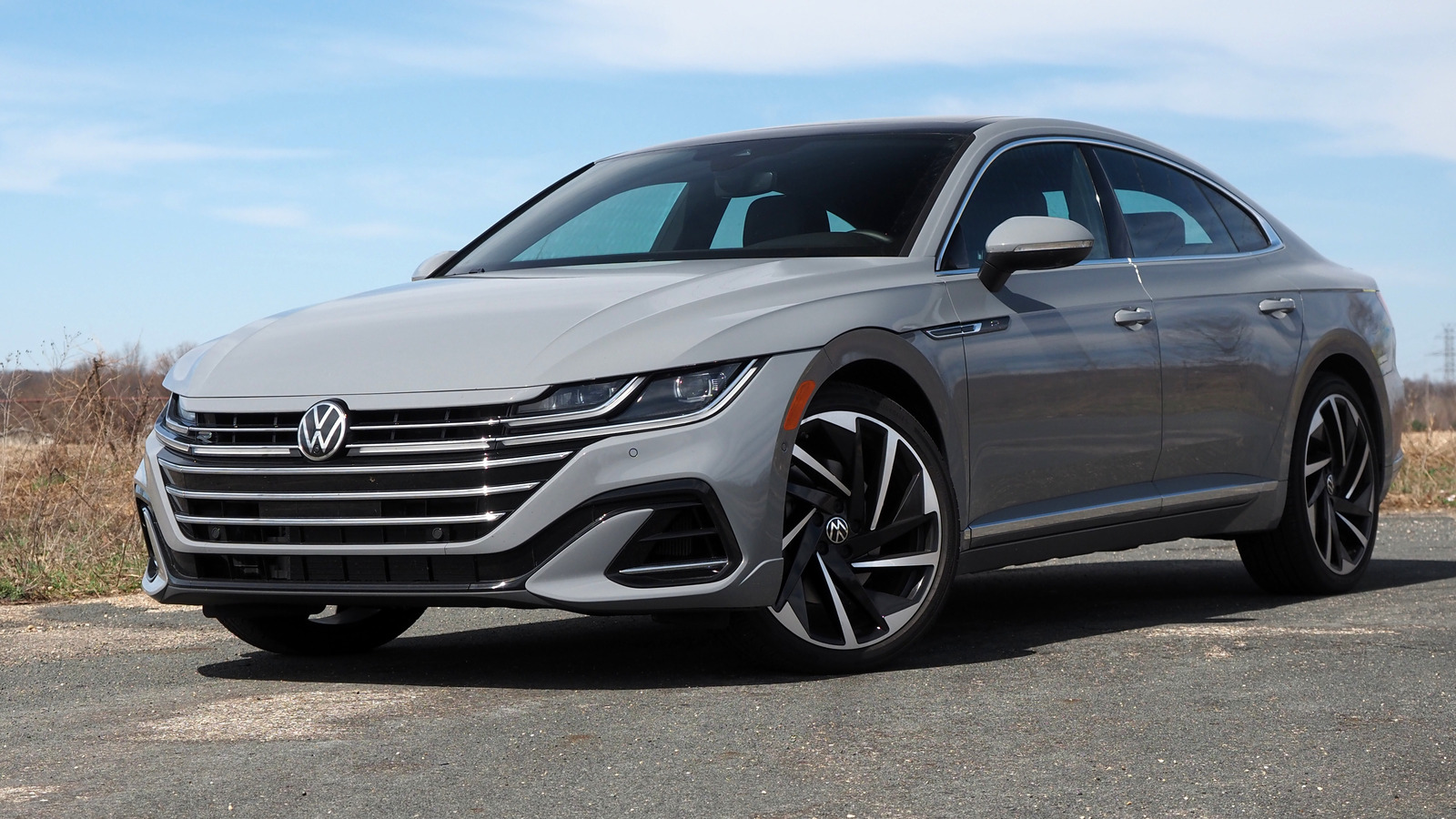
2. Škoda Auto
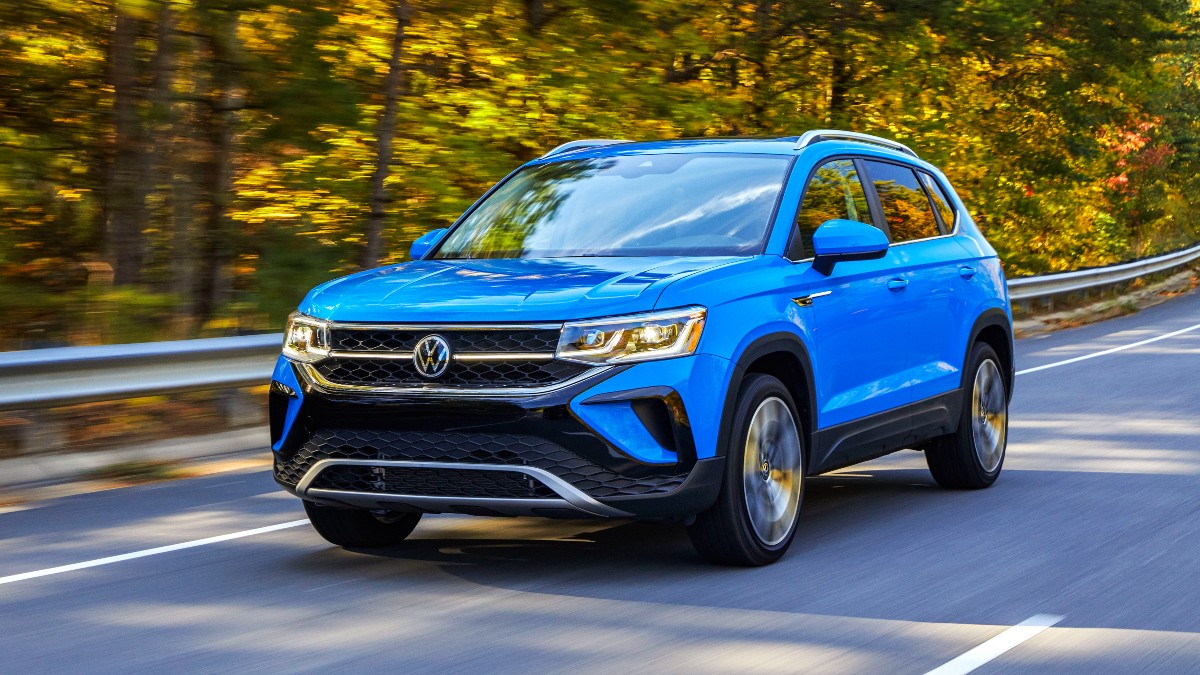
- Identity: Originating from the Czech Republic, Škoda has transformed from a former Eastern Bloc manufacturer into a highly respected brand known for its "Simply Clever" solutions, excellent value, and practical designs.
- Focus: Primarily mainstream passenger cars and SUVs, often sharing platforms with VW but offering distinct styling and an emphasis on practicality, spaciousness, and affordability. Models include the Octavia, Superb, Kodiaq, and Fabia.
- Key Characteristics: Exceptional interior space, thoughtful features (like umbrella in the door or ice scraper in the fuel flap), robust build, and competitive pricing.
- Why Choose: Ideal for budget-conscious buyers who prioritize space, practicality, and smart features without compromising on quality or modern technology.

3. SEAT / CUPRA
- Identity: Spain’s largest car manufacturer, SEAT (Sociedad Española de Automóviles de Turismo) is known for its youthful, sporty, and design-led vehicles. In recent years, its performance arm, CUPRA, has spun off into a standalone brand, focusing on even more emotional and high-performance models.
- Focus: SEAT offers stylish hatchbacks (Ibiza, Leon) and SUVs (Arona, Ateca, Tarraco). CUPRA specializes in sportier derivatives of these models (Formentor, Leon CUPRA) and unique performance-oriented electric vehicles.
- Key Characteristics: Dynamic styling, engaging driving experience, vibrant color palettes, and a focus on connectivity and digital integration. CUPRA adds a layer of performance, premium feel, and distinctive design.
- Why Choose: For drivers who want a car with flair, a fun-to-drive character, and modern aesthetics. CUPRA appeals to those seeking an even more exhilarating and exclusive performance experience.
The Premium & Luxury Icons: Performance, Prestige, and Exclusivity
This segment showcases the pinnacle of automotive engineering, design, and luxury, catering to discerning customers who demand the best.
4. Audi
- Identity: A leading premium brand synonymous with "Vorsprung durch Technik" (Advancement through Technology). Audi is known for its sophisticated design, high-quality interiors, cutting-edge technology, and strong performance, often underpinned by its quattro all-wheel-drive system.
- Focus: A comprehensive range of premium sedans (A-series), SUVs (Q-series), sports cars (TT, R8), and a rapidly expanding e-tron line of electric vehicles.
- Key Characteristics: Understated elegance, meticulous craftsmanship, advanced infotainment systems, and a refined driving experience.
- Why Choose: For buyers seeking a premium vehicle that blends luxury, performance, and state-of-the-art technology with a sophisticated and timeless design.
5. Porsche
- Identity: The quintessential German sports car manufacturer, Porsche is globally renowned for its legendary sports cars, exhilarating performance, and motorsport heritage. It successfully transitioned into the SUV market without diluting its core identity.
- Focus: High-performance sports cars (911, 718 Cayman/Boxster), luxury SUVs (Cayenne, Macan), and the groundbreaking Taycan electric sports sedan.
- Key Characteristics: Unrivaled driving dynamics, iconic design, superb engineering, and a focus on driver engagement.
- Why Choose: For enthusiasts and luxury buyers who prioritize pure driving pleasure, track-ready performance, and a strong sense of automotive heritage.
6. Bentley
- Identity: A British marque representing the pinnacle of luxury, craftsmanship, and performance. Bentley cars are hand-built, exuding opulence, comfort, and effortless power.
- Focus: Ultra-luxury sedans (Flying Spur), grand tourers (Continental GT), and SUVs (Bentayga).
- Key Characteristics: Exquisite materials, bespoke customization options, powerful engines, and a sublime, serene driving experience.
- Why Choose: For those who demand the ultimate in luxury, handcrafted quality, and a commanding road presence, often accompanied by a sense of British aristocratic charm.
7. Lamborghini
- Identity: The Italian purveyor of extreme supercars and hypercars, Lamborghini is synonymous with audacious design, spine-tingling V10 and V12 engines, and unparalleled performance.
- Focus: High-performance sports cars (Huracán, Revuelto) and the super-SUV (Urus).
- Key Characteristics: Aggressive, angular styling, ear-splitting engine notes, blistering acceleration, and an undeniable "wow" factor.
- Why Choose: For individuals seeking an automotive statement, an adrenaline rush, and a vehicle that pushes the boundaries of design and engineering.
8. Bugatti
- Identity: A French brand that represents the absolute zenith of automotive engineering, performance, and exclusivity. Bugatti cars are hypercars, produced in extremely limited numbers, pushing the limits of speed and luxury.
- Focus: Ultra-high-performance hypercars (Chiron and its derivatives like Divo, Bolide, Mistral).
- Key Characteristics: Quad-turbo W16 engines, staggering horsepower figures, record-breaking top speeds, and unparalleled craftsmanship with a price tag to match.
- Why Choose: For the ultra-wealthy collector who desires the fastest, most exclusive, and technologically advanced road-legal vehicle on the planet.
Beyond Passenger Cars: A Broader Automotive Spectrum (Briefly)
While the focus here is on car brands, it’s worth noting the Volkswagen Group’s influence extends further:
- Ducati: An iconic Italian motorcycle manufacturer known for high-performance bikes.
- Scania & MAN: Leading manufacturers of heavy trucks, buses, and marine/industrial engines, forming the Group’s commercial vehicle arm (TRATON SE).
Practical Advice: Navigating the VW Group Portfolio
Choosing a vehicle from the Volkswagen Group means having an unparalleled array of options. Here’s some practical advice:
- Define Your Needs: Are you looking for practicality, luxury, performance, or a balance? Your lifestyle, budget, and priorities will guide your choice.
- Consider Your Budget: The price ranges are vast. Volkswagen and Škoda offer excellent value, while Audi and Porsche are premium. Bentley, Lamborghini, and Bugatti are for the ultra-luxury segment.
- Test Drive Multiple Brands: Even if you think you know what you want, experiencing different brands (e.g., a VW Golf vs. a SEAT Leon vs. a Škoda Octavia) can highlight subtle but important differences in driving dynamics, interior feel, and features.
- Technology Sharing is a Benefit: Many VW Group vehicles share platforms, engines, and infotainment systems. This means even entry-level models benefit from advanced technology developed for more premium brands, ensuring a high standard across the board.
- Resale Value: Brands like Audi and Porsche generally hold their value well, while Volkswagen and Škoda offer strong long-term reliability and lower running costs.
Challenges and Considerations
While the multi-brand strategy offers many advantages, it also presents challenges:
- Brand Differentiation: Maintaining distinct identities and preventing internal cannibalization can be tricky, especially between brands like VW, Škoda, and SEAT, which often share platforms.
- Complexity: Managing such a vast and diverse portfolio requires immense organizational complexity in terms of logistics, supply chains, and technological integration.
- Emissions and Regulatory Pressures: As a large global player, the VW Group faces significant scrutiny and challenges in meeting ever-tightening emissions regulations and transitioning to electric vehicles across all its brands.
Volkswagen Group Car Brands: Estimated Price Ranges
It’s crucial to understand that vehicle prices are highly dynamic, varying significantly by market, trim level, optional extras, and current incentives. The table below provides estimated typical starting price ranges for common models within each brand, serving as a general guide. These are not definitive prices and are subject to change.
| Brand Name | Origin | Market Segment | Key Characteristics / Focus | Estimated Entry-Level Price Range (USD) * | Estimated High-End Price Range (USD) * |
|---|---|---|---|---|---|
| Volkswagen | Germany | Mainstream | Reliable, well-engineered, practical, diverse model range. | $25,000 – $40,000 | $50,000 – $80,000+ |
| Škoda | Czech Republic | Mainstream / Value | Practical, spacious, "Simply Clever" features, excellent value. | $20,000 – $35,000 | $40,000 – $60,000+ |
| SEAT | Spain | Mainstream / Sporty | Dynamic, stylish, youth-oriented, engaging drive. | $22,000 – $38,000 | $45,000 – $65,000+ |
| CUPRA | Spain | Performance / Premium | Sporty, design-focused, higher performance, exclusive. | $35,000 – $50,000 | $60,000 – $80,000+ |
| Audi | Germany | Premium / Luxury | Sophisticated design, advanced tech, refined performance. | $40,000 – $60,000 | $80,000 – $150,000+ |
| Porsche | Germany | Luxury / Performance | Iconic sports cars, driving dynamics, engineering excellence. | $65,000 – $100,000 | $150,000 – $300,000+ |
| Bentley | United Kingdom | Ultra-Luxury | Handcrafted opulence, powerful, serene comfort. | $200,000 – $250,000 | $300,000 – $500,000+ |
| Lamborghini | Italy | Supercar / Ultra-Performance | Extreme design, raw power, exclusive performance. | $250,000 – $300,000 | $400,000 – $600,000+ |
| Bugatti | France | Hypercar / Extreme Luxury | Unparalleled speed, exclusivity, ultimate engineering. | $3,000,000 – $5,000,000 | $5,000,000 – $10,000,000+ |
- Note: Prices are highly variable estimates for typical new models in their respective markets (often USD for illustrative purposes) and do not include special editions, bespoke options, or taxes/fees. Actual prices will differ significantly based on region, trim, and customization.
Frequently Asked Questions (FAQ) about Volkswagen Group Car Brands
Q1: How many car brands does Volkswagen Group own?
A1: The Volkswagen Group currently owns 10 brands, which include passenger car brands (Volkswagen, Audi, Porsche, Škoda, SEAT, CUPRA, Bentley, Lamborghini, Bugatti), motorcycle brand (Ducati), and commercial vehicle brands (Scania, MAN, forming TRATON SE).
Q2: Are Audi and Porsche part of Volkswagen?
A2: Yes, both Audi and Porsche are wholly-owned subsidiaries of the Volkswagen Group. This allows them to share platforms, technologies, and resources while maintaining their distinct brand identities and market positioning.
Q3: Why does Volkswagen Group own so many brands?
A3: The multi-brand strategy allows the Volkswagen Group to:
- Cover all market segments: From budget-friendly to ultra-luxury.
- Achieve economies of scale: Sharing platforms and components across brands reduces production costs.
- Foster internal competition: Encourages innovation and continuous improvement.
- Spread risk: Diversifying across different markets and customer segments.
Q4: Do Volkswagen Group cars share parts?
A4: Yes, extensively. This is a core benefit of the multi-brand strategy. Many Volkswagen Group vehicles, especially those within similar segments (e.g., VW Golf, Audi A3, Škoda Octavia, SEAT Leon), share underlying platforms (like the MQB platform), engines, transmissions, and electronic components. This sharing helps reduce development costs and allows for advanced technology to trickle down to more affordable models.
Q5: Which Volkswagen Group brand is the most luxurious?
A5: While Bentley offers the pinnacle of traditional luxury and craftsmanship, Bugatti stands as the most exclusive and expensive brand, representing the ultimate in hypercar performance and bespoke luxury. Lamborghini offers extreme performance luxury.
Q6: What is the difference between SEAT and CUPRA?
A6: SEAT is the mainstream Spanish brand known for its stylish and sporty mainstream cars. CUPRA, originally SEAT’s performance sub-brand, has evolved into a standalone brand focusing on even higher performance, more distinctive design, and premium positioning, often incorporating electrification.
Conclusion: A Masterclass in Automotive Diversity
The Volkswagen Group’s portfolio of car brands is a testament to its strategic vision and engineering prowess. From the dependable utility of a Volkswagen to the exquisite luxury of a Bentley, the exhilarating performance of a Porsche, and the audacious artistry of a Bugatti, the Group offers an unparalleled spectrum of automotive experiences. This intricate web of brands, while challenging to manage, provides immense benefits through shared technology, economies of scale, and a dominant presence across every significant market segment. For consumers, it means a wealth of choice, ensuring that somewhere within the vast Volkswagen Group, there’s a vehicle perfectly tailored to almost every desire and need, reaffirming its position as a true automotive giant shaping the future of mobility.
